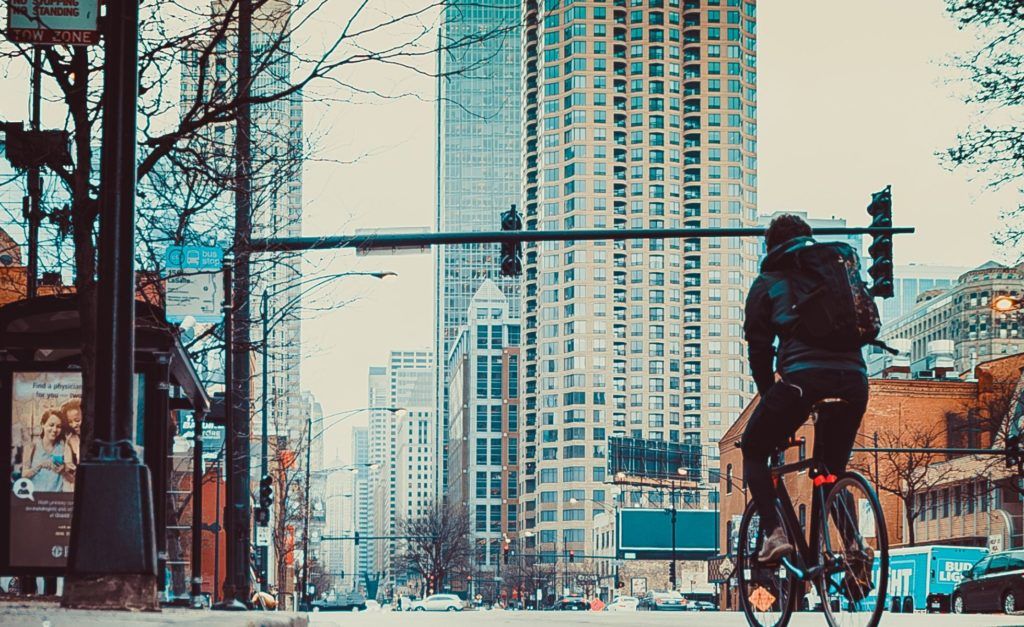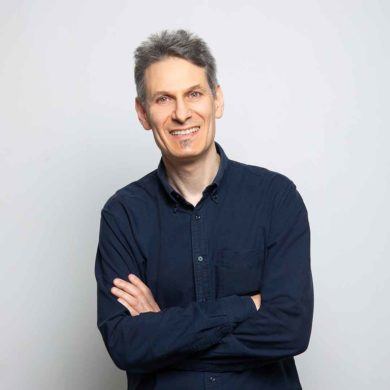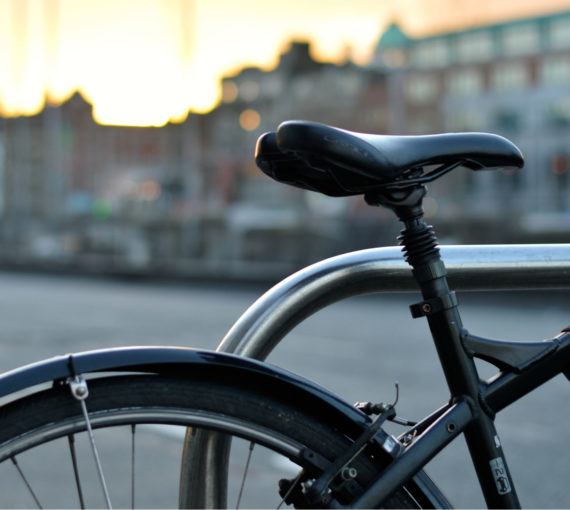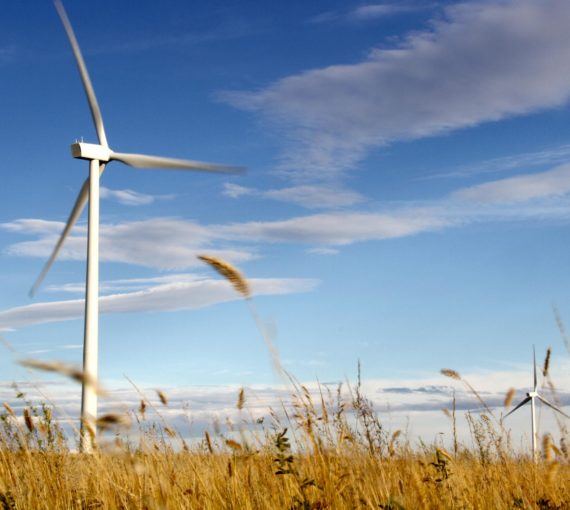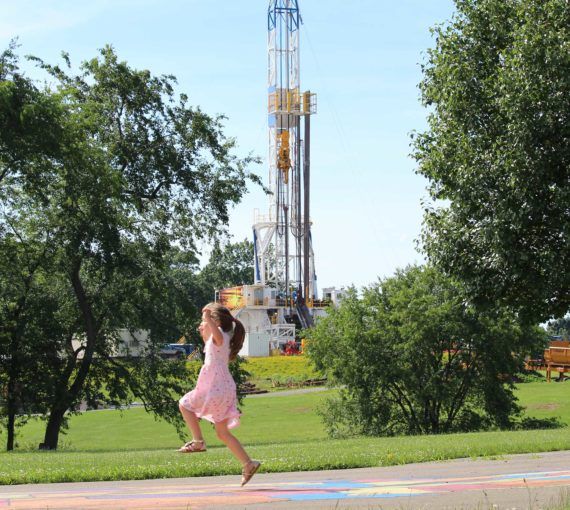During the pandemic are bicycles allies? As long as we follow public health rules, two-wheelers can prove great friends.
In times of crisis, their nature serves us well. The bike is about simplicity. Its operation is orders of magnitude less complex than that of automobiles. The latter demand so much of us — the whole fossil fuel supply chain, vehicle registration, insurance. They weigh us down with forethought: Where will I park? When will I put on snow tires? Where’s the nearest gas pump?
Car repairs require mechanics and specialized maintenance facilities; bikes we can often fix ourselves. They foster self-reliance — no small virtue when experts are difficult to reach and we’re required mostly to stay home.
Life now is a dizzying muddle of moving parts and complication, assessments of science and sifting through news for what’s personally relevant. The bike, by contrast, asks little. It doesn’t take up much room in our cities, nor in our minds. During crises we need to focus on vital immediate tasks. The bike is one less burden. It frees up mental space.
The very demands of riding a bicycle — one has to leave room for others — enforce physical separation.
Recently, I’ve seen many children and parents cycling together. Typically, the kids are out front, mother or father close behind. Each helmeted child sits atop her own bike, slowly weaving. They enjoy family time and exercise while maintaining a safe distance. The very demands of riding a bicycle — one has to leave room for others — enforce physical separation. And fingers on handlebars are fingers unavailable for face-touching.
Outings by car often find kids fighting in the back seat. This contrasts with two-wheel trips where youngsters focus not on clobbering one another but simply remaining upright. They do this not from love but necessity. It is difficult simultaneously to smack one’s brother, maintain balance and steer.
When piloting a bike, kids have a sense of agency: they make the vehicle move themselves. This is not trivial for folks who, most of the time, can’t make things happen. In the back of a car, they’re spectators.
Giving youngsters agency is especially important during a crisis.
On a bike, they’re actors. The action of their own body takes them through the world. Giving youngsters agency is especially important during a crisis — a time when, their routines upended and freedom constrained, kids feel particularly powerless.
The fact that bikes don’t create smog is significant as well. A Harvard University study released in April looked at the effect of a component of air pollution (fine particulate matter or PM2.5) on COVID-19 patients. The research found a “small increase in long-term exposure to PM2.5 leads to a large increase in COVID-19 death rate.”
In other words, dirty air makes the pandemic deadlier. One of the Harvard scientists, quoted in the Guardian, said, “we should consider additional measures to protect ourselves from pollution exposure to reduce the COVID-19 death toll.”
The best way to protect ourselves from pollution is to avoid creating it.
Which brings us back to the simple, child-friendly vehicle that burns no fuel.
This op-ed was originally published in the Toronto Star
Our Work
Always grounded in sound evidence, the David Suzuki Foundation empowers people to take action in their communities on the environmental challenges we collectively face.
